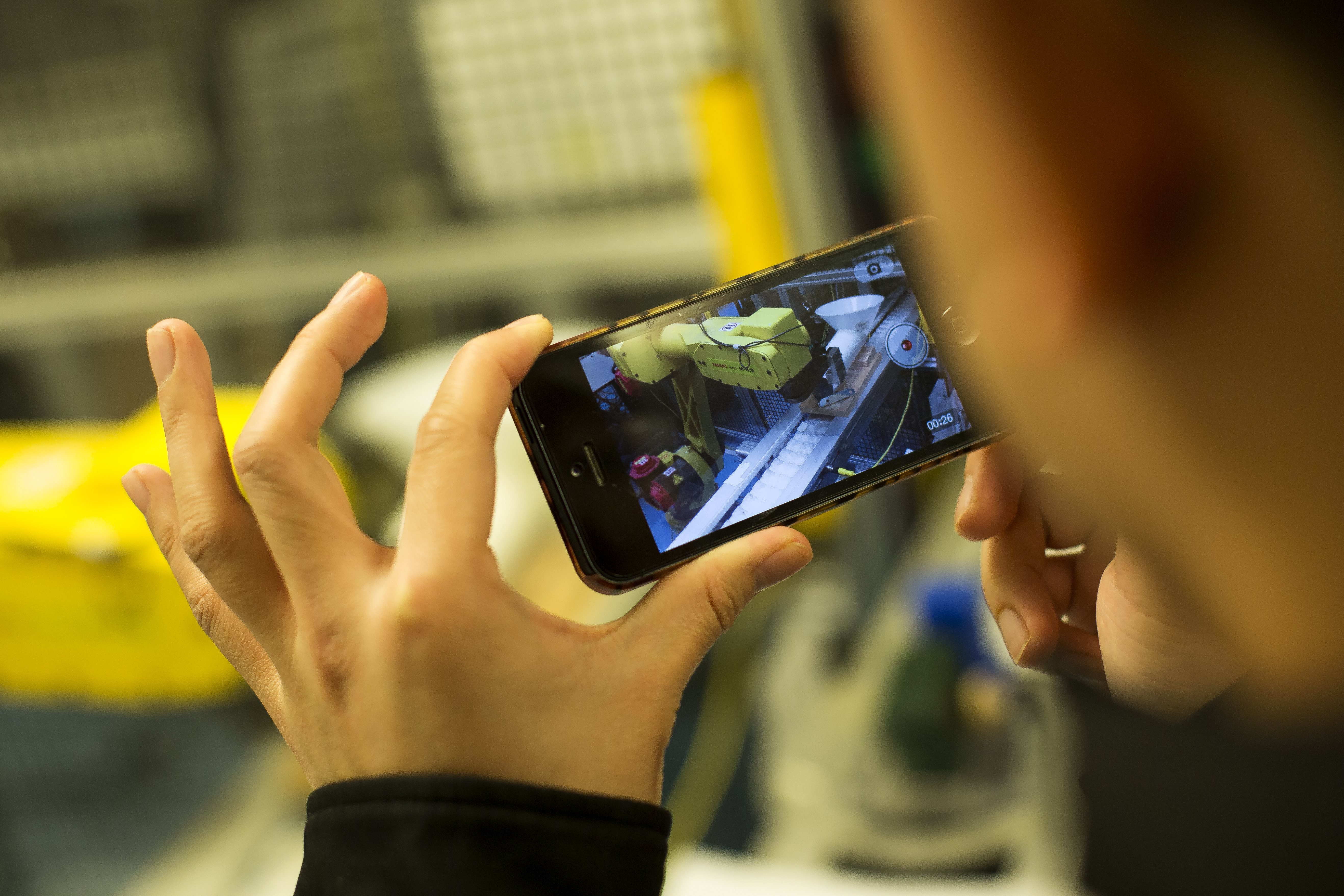Kurator Will Help You Curate Your Personal Digital Content
Kurator is a hybrid intelligence system leveraging mixed-expertise crowds to help families curate their personal digital content, including videos and photos.

 Enlarge
Enlarge
People capture photos, audio recordings, video, and more on a daily basis, but organizing all these digital artifacts quickly becomes a daunting task. Automated solutions struggle to help us manage this data because they cannot understand its meaning. Profs. Walter Lasecki and Mark Ackerman have helped create Kurator, a hybrid intelligence system leveraging mixed-expertise crowds to help families curate their personal digital content.
Kurator uses mixed expertise crowds as part of a hybrid intelligence system to reduce the curation burden on families. It produces a refined set of content via a combination of automated systems able to scale to large data sets and human crowds able to understand the data. Kurator leverages the mix of expertise levels between different “crowds”—families and paid web workers—and has a tiered approach whereby a machine learning classifier performs coarse-grained filtering on a family’s entire digital audio collection, and the crowd refines the classifiers’ output into a smaller, more manageable set of higher quality recordings that can be presented back to the family. Crowd workers can accurately assess content that parents find sentimental, and their assessments are improved by natural language feedback from the family.
The researchers evaluated Kurator through a user study with five families and they found that not only is the resulting curation useful, but also that crowdsourcing can be applied to an important class of subjectively-based problems. For these problems, they show that Kurator is able to effectively leverage crowds to provide useful assistance.
Also, families found Kurator useful because it was able to provide a more tractable set of results while still discovering important memories. Kurator serves as a proof of concept for both the viability of intelligent curation support, particularly when structured as a hybrid intelligence system with a tiered architecture, and the potential of crowdsourcing for curation tasks.
 MENU
MENU